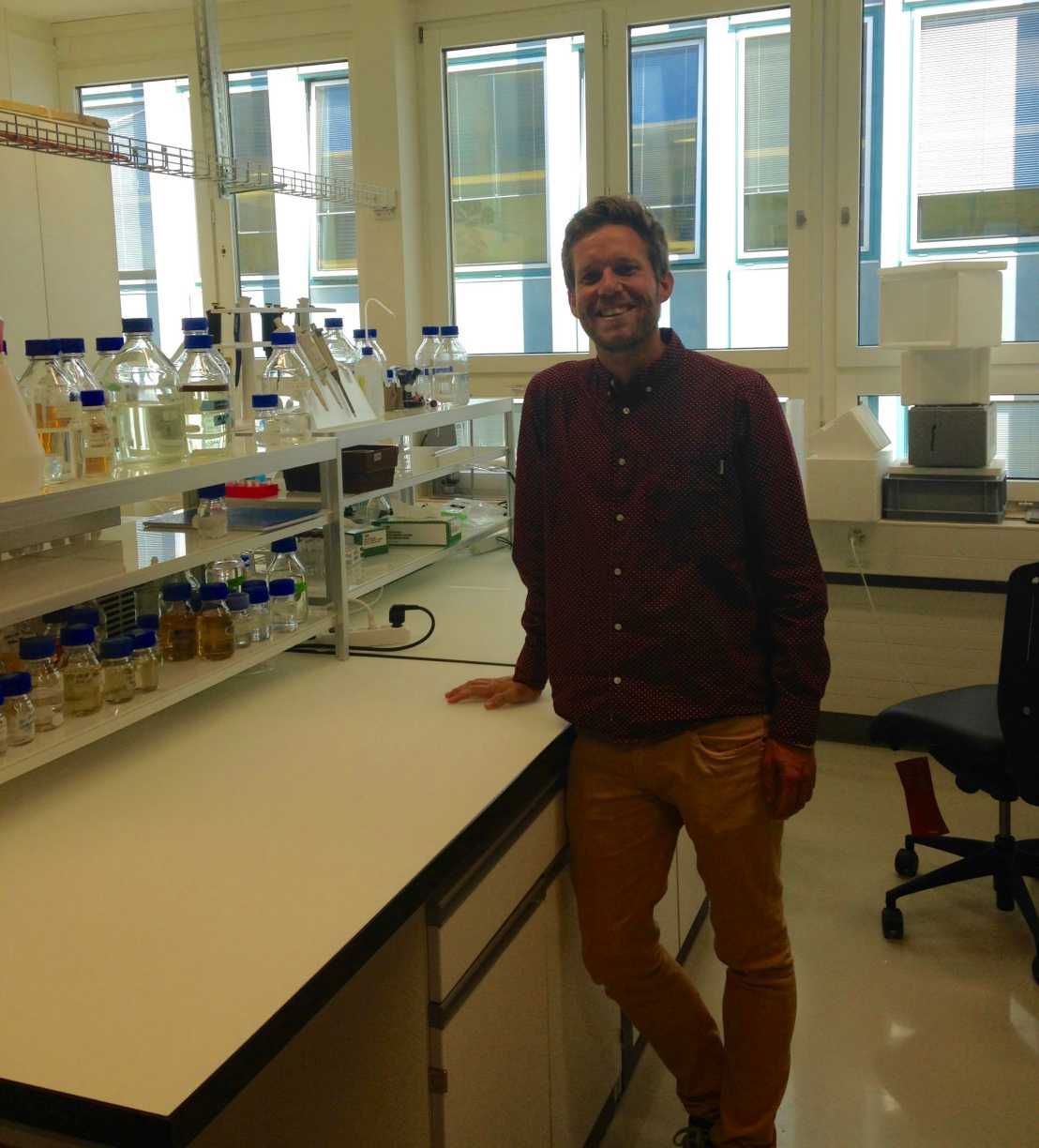E4D project underway
Successful kick-off meeting for the project "Insect production from biowastes for animal feeds" held last week by Moritz Gold, doctoral student in the group of WFSC member Prof. Alexander Mathys, Sustainable Food Processing.

Focusing on the use of black soldier fly (BSF) larvae (Hermetia illucens) to convert organic waste into a component for animal feed production, the Engineering for Development (E4D) doctoral project of Moritz Gold is now underway. Moritz held a kick-off meeting last week, at which co-supervisors WFSC member Dr. Christian Zurbrügg and Dr. Stefan Diener, both from Eawag, as well as representatives from Bühler Solutions AG, ETH Global, and the WFSC attended.
The project will help in the sustainable development of the emerging BSF for animal feed market; it aims to increase the performance of insect cultivation by identifying suitable formulations of different biowastes and by the assessment of beneficial microorganisms. The trans-disciplinary research team from Europe, Africa, and Asia have the advantage to work across research and industry to provide innovation in sustainable waste management and food production. The project is also part of the larger WFSC Flagship project focused on novel uses of alternative proteins for feed and food.
The WFSC wishes Moritz all the best as he starts in his work!
The Engineering for Development (E4D) program is run by ETH Global and promotes the development of products or methods that are directly relevant for improving the livelihoods of poor people in developing countries. The program is funded through the Sawiris Foundation for Social Development since 2008.

The WFSC Flagship project focusing on the topic of novel uses of alternative proteins for feed and food has gotten underway with Prof. Alexander Mathys signing on as the Principal Investigator, in collaboration with nine different WFSC member groups. The first workshop to establish collaboration took place in January 2017, and efforts are now underway to secure funding to build the initiative.
